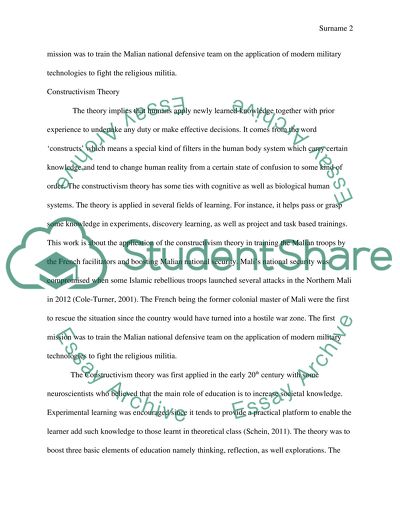Cite this document
(“Application of constructivism theory in French Mali intervention Essay”, n.d.)
Retrieved from https://studentshare.org/history/1476359-application-of-constructivism-theory-in-french-mali-intervention
Retrieved from https://studentshare.org/history/1476359-application-of-constructivism-theory-in-french-mali-intervention
(Application of Constructivism Theory in French Mali Intervention Essay)
https://studentshare.org/history/1476359-application-of-constructivism-theory-in-french-mali-intervention.
https://studentshare.org/history/1476359-application-of-constructivism-theory-in-french-mali-intervention.
“Application of Constructivism Theory in French Mali Intervention Essay”, n.d. https://studentshare.org/history/1476359-application-of-constructivism-theory-in-french-mali-intervention.


